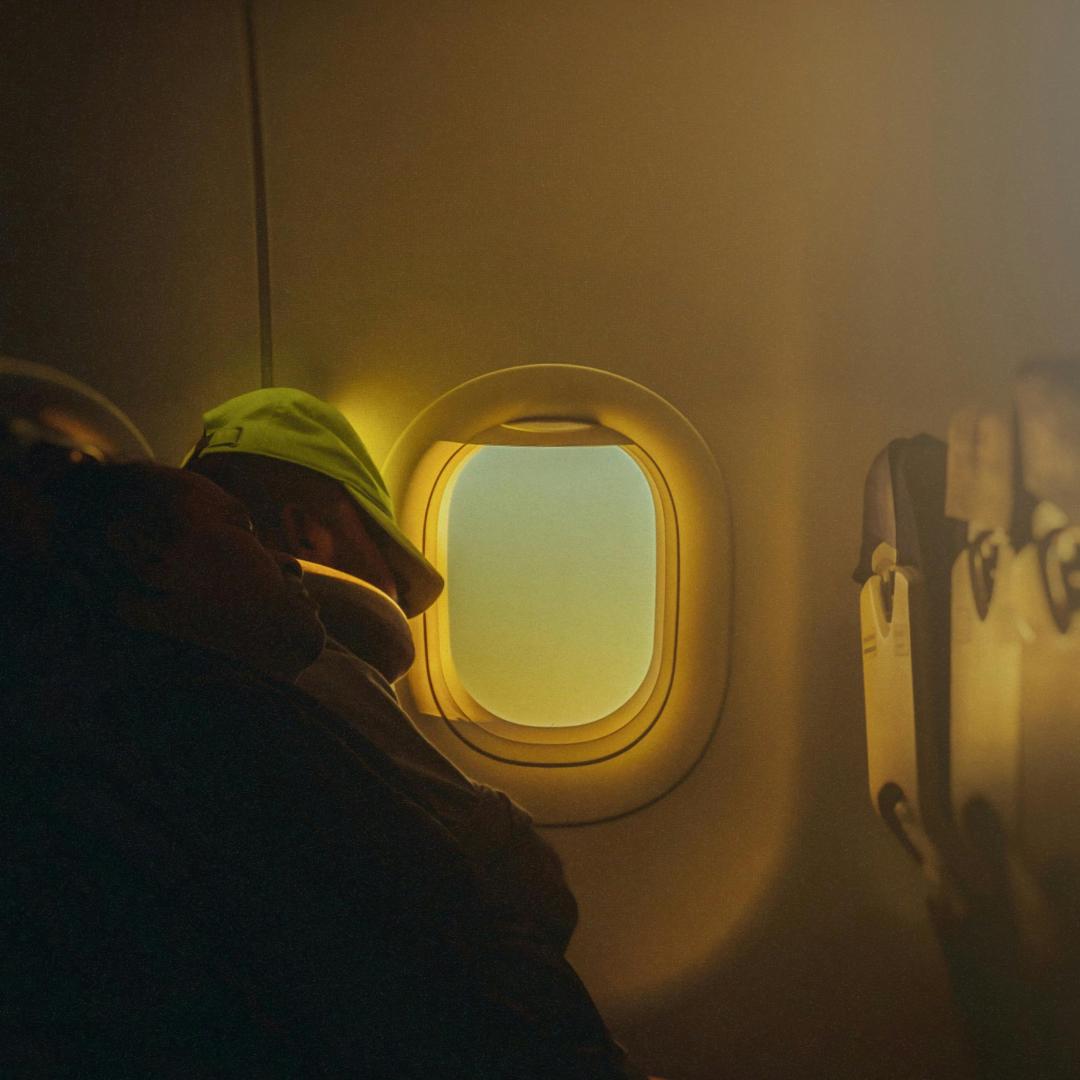How to Beat Jet Lag and Sleep Well While Traveling
Jet lag is a common challenge faced by travelers crossing multiple time zones. The disruption to your internal clock can lead to fatigue, insomnia, and a general feeling of malaise. Fortunately, with a few strategic steps, you can minimize the effects of jet lag and ensure a restful journey. Here’s how to beat jet lag and sleep well during your travels.
Understanding Jet Lag
Jet lag occurs when your body’s natural sleep-wake cycle, or circadian rhythm, is out of sync with the local time at your destination. This is more pronounced when traveling eastward due to losing time and adjusting to an earlier schedule. Symptoms can include difficulty sleeping, daytime fatigue, irritability, and difficulty concentrating.
Preparing for Your Trip
1. Gradually Adjust Your Schedule:
In the days leading up to your trip, gradually shift your sleep schedule to match the time zone of your destination. If you’re traveling east, try going to bed an hour earlier each night. For westward travel, delay your bedtime.
2. Prioritize Rest:
Ensure you’re well-rested before your journey. Being sleep-deprived will only exacerbate jet lag symptoms. Try to bank extra sleep in the days leading up to your flight if possible.
3. Stay Hydrated:
Dehydration exacerbates jet lag, so it’s important to stay hydrated before and during your flight. Drink plenty of water and avoid alcohol and caffeine, which can disrupt your sleep patterns.
During the Flight
4. Set Your Watch:
As soon as you board your flight, reset your watch to the time zone of your destination. This mental shift can help you start thinking in terms of your new schedule.
5. Sleep Strategically:
If you need to stay awake to adjust to your destination’s time zone, engage in activities that keep you alert, such as watching a movie or reading a book. If you need to sleep, consider using sleep masks, earplugs, or noise-canceling headphones to create a sleep-friendly environment. Sleeping aids like a neck pillow or a blanket can provide additional comfort.
6. Move Around:
Sitting for prolonged periods can lead to discomfort and stiffness. Regularly stretch or walk around the cabin to maintain circulation and comfort, aiding your overall well-being and helping stave off fatigue.
Upon Arrival
7. Expose Yourself to Natural Light:
Sunlight is a powerful tool for resetting your internal clock. Spend time outside during daylight hours to help your body align with the new time zone.
8. Maintain a Consistent Sleep Routine:
Try to go to bed and wake up at the same time each day to establish a consistent schedule. Avoid naps longer than 20 minutes, as longer naps can disrupt your ability to sleep at night.
9. Use Technology Wisely:
Limit screen time before bed, as blue light from electronic devices can interfere with melatonin production. Instead, engage in relaxing activities like reading a book or listening to soothing music.
10. Consider Melatonin Supplements:
Melatonin is a hormone that regulates sleep. If you’re struggling with sleep adjustment, a melatonin supplement might be helpful. Consult with a healthcare professional before starting any supplements.
Additional Tips
11. Adapt Your Meals:
Adjust your meal times to align with the new time zone. Eat lighter, easily digestible meals to avoid discomfort and bloat.
12. Be Patient and Kind to Yourself:
Remember, adjusting to a new time zone can take a few days. Be patient with your body as it adapts, and give yourself some grace if your sleep isn’t perfectly aligned immediately.
Conclusion
While jet lag is an inevitable part of long-distance travel, implementing these tips can significantly minimize its impact. By preparing in advance, managing your schedule strategically, and maintaining healthy habits during and after your flight, you can beat jet lag and enjoy restful sleep while exploring new destinations. Safe travels and sweet dreams!






















